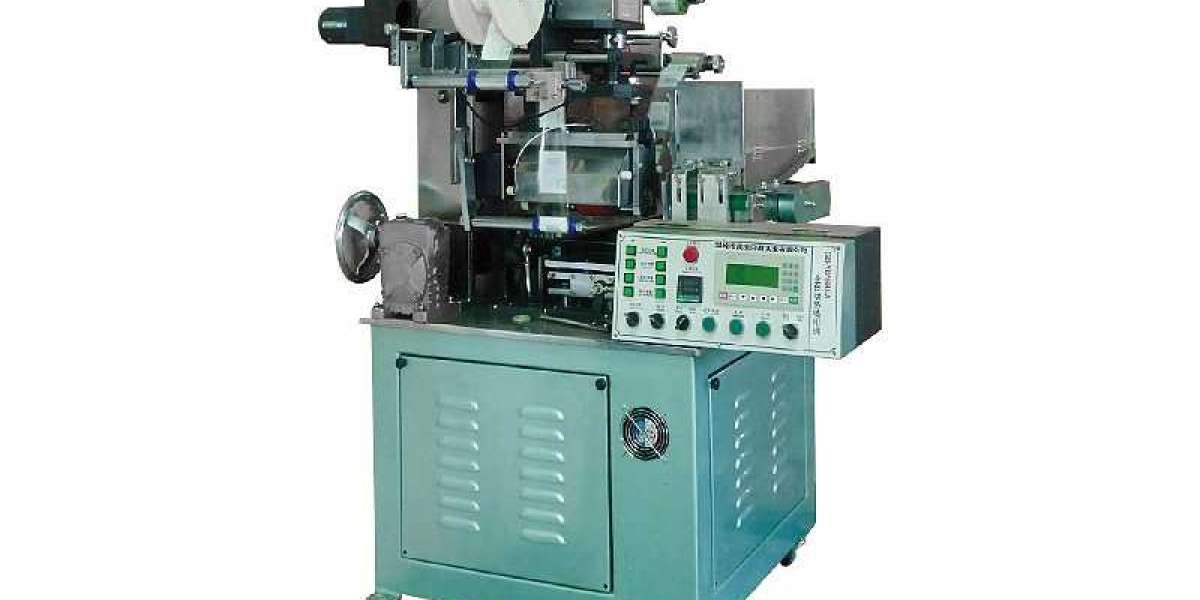Dust
Make sure to dust your heat press machine on a regular basis. Try to avoid getting to the point where it is visually obvious that your heat press needs a dusting. Built up dust can make the machine run hotter. Make sure to keep dust off both the exterior and interior components of your heat press.
Lubrication
To lubricate your heat press, use a high heat and extreme pressure lubricant or a white grease and apply it to the pistons and rods of your heat press. This will help the lowering and lifting of the platens become a smoother motion. Apply the lubricant with either a cotton swab or a rag. You should only need to do this about once a year. However, depending on how often you use your heat press, it’s certainly okay to do it more than once a year.
Clean Upper Platen
A well-functioning platen, is a clean platen! Use a lint free cloth to wipe the top of your platen with iron cleaner, alcohol, mineral spirits, or a simple green/water mix. Before you start cleaning, make sure your platen is cool, to eliminate the chances of burning anything. You should clean your upper platen at least every couple of weeks, but the frequency will depend on what you’re pressing and how frequently.
Maintain by Replacing Parts:
Rubber pad / lower platen
When the surface of your lower platen is cracked, dented, punctured, warped, chipped, or deformed in anyway, it may be time to replace it. Replacing a lower platen or even just the rubber pad is much cheaper than replacing the whole heat press. Transfers need a flat and smooth surface to ensure even pressure, and when the surface is deformed, even pressure is hard to maintain.
Cord
It is always important to use the correct cord. If you replace the cord that came with the heat press, be sure to replace it with a chord that can handle the appropriate amount of voltage/wattage. If it’s replaced with a cord with a smaller gauge or is a thinner cord, it could become a fire hazard.
Maintain While Working:
Use teflon sheets/covers
To protect your platens and make them last longer, use teflon. Teflon comes in a variety of forms that can be used in different ways. Teflon covers act like a mattress cover and hug the lower platen. Teflon sheets can be placed over the top of your transfers to prevent them from sticking to the upper platen. Teflon pillows can be placed underneath the item you are applying the transfer to. The pillows help get a more even press when the item has uneven surfaces to work around, such as buttons, collars, or zippers. If you already use teflon products, then you know that you can reuse teflon through a lot of transfers, however; there will come a time when you need to replace them. Teflon has been used to it’s fullest extent, and should be replaced, when it is ripped, cracked or torn.
Placement of application surface
Be sure to work from in the center of the platen during the application process. The force the heat press can exert outwards when the platens are pressed together, meaning that the heat starts in the center and spreads out to the edges. Uneven pressure (caused by uncentered applications and uneven-natured items) can cause certain parts of your transfer to not apply correctly.
If you are interested in our products, we suggest you to buy heat transfer foil!


